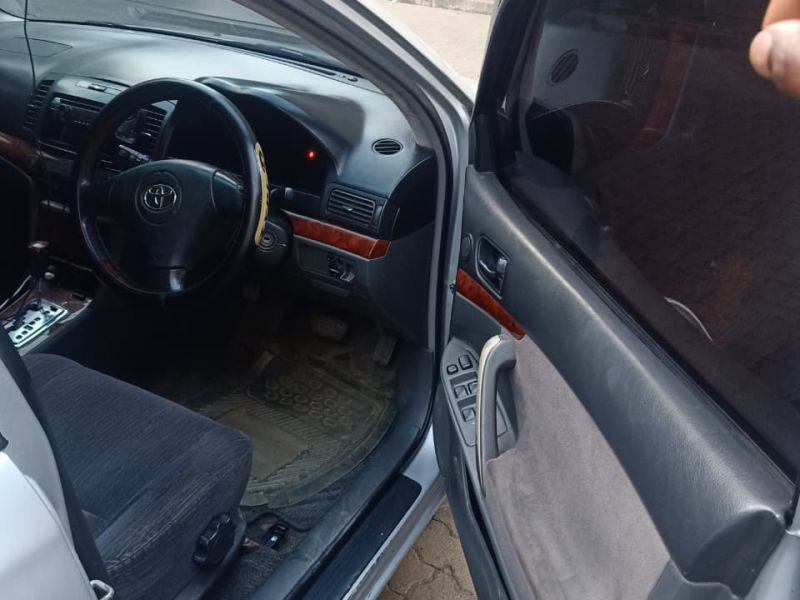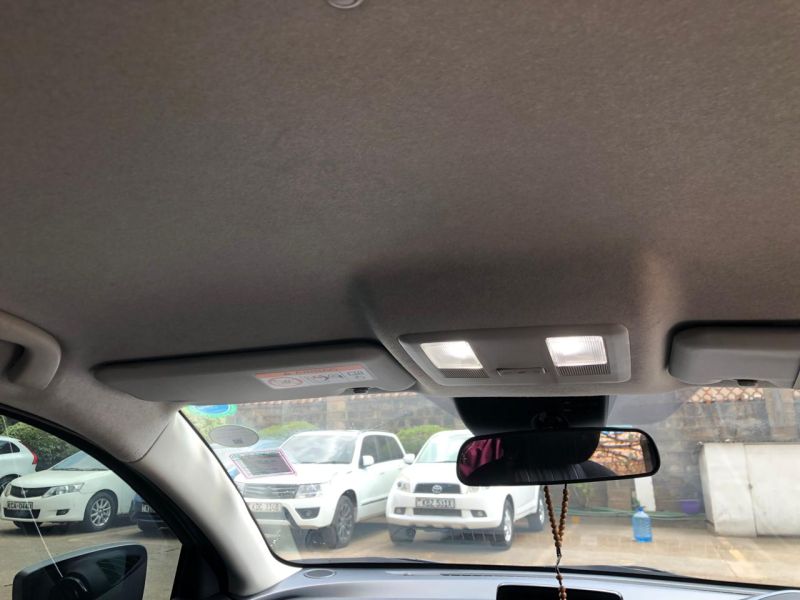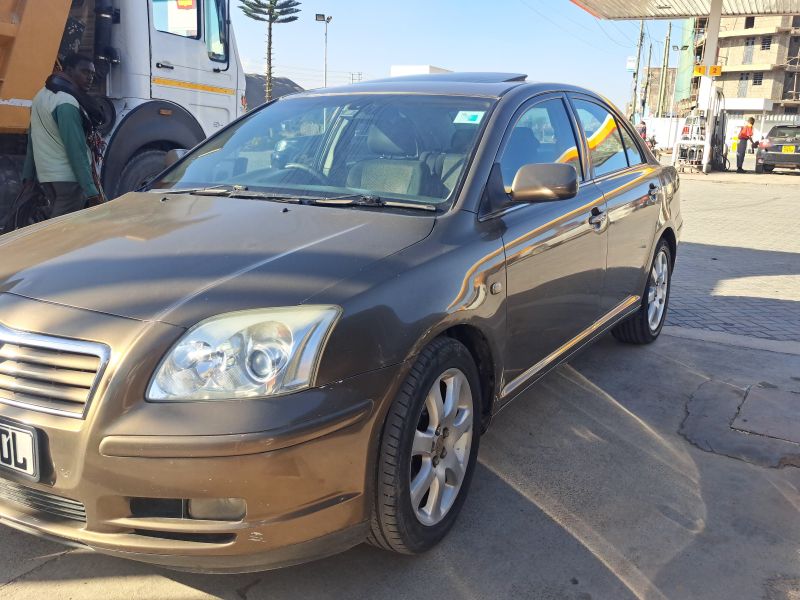Proposed Changes to Motorcycle Regulations Bill Spark Debate Among Stakeholders
In response to public outcry and debate, the Kenya Revenue Authority (KRA) and the Ministries of Cooperatives and Transport have proposed some key changes to the Public Transport (Motorcycle Regulation) Bill, 2023 (the Boda Boda Bill). These were discussed at a meeting convened by the National Assembly’s Departmental Committee on Transport which sought input from stakeholders on the Bill sponsored by Kakamega Senator Boni Khalwale.
The Bill seeks to formalize the boda boda (motorcycle taxi) sector, improve safety and operator compliance but has faced resistance from riders who see some of its provisions as punitive and too burdensome.
Key Issues and Stakeholder Proposals
1. Ministry of Transport: Efficiency and Overlapping Roles
The Ministry of Transport raised concerns about the Bill’s proposal to repeal Sections 21 and 22 of the National Transport and Safety Authority (NTSA) Act. These sections establish the County Transport and Safety Committees (CTSCs) which are crucial for advising the NTSA and implementing transport policies at the county level.
- Concern: The Ministry said that replacing the established CTSCs with the Bill’s proposed County Transport Boards would lead to duplication of roles and unnecessary public expenditure. The Ministry pointed out that NTSA has already invested in the CTSCs and a new body would undermine those efforts.
- Implication: This is about administrative efficiency and cost-effectiveness, that the Bill’s regulatory goals can be achieved by strengthening existing NTSA county structures rather than creating new ones.
2. KRA: Tax Compliance and Safety Mandates
The Kenya Revenue Authority (KRA) made submissions on tax compliance and formalization of commercial motorcycle operations.
- Tax Proposal: KRA proposed that boda boda riders should provide proof of tax compliance before they register their motorcycles for commercial use. This is to bring the informal sector into the national tax base.
- Clarity Concern: The Authority raised concerns about the Bill’s unclear language, specifically the lack of definition for the term ‘County Executive Member responsible for transport’ which would hinder implementation and enforcement.* Safety Mandate: KRA proposed that the Bill should mandate both riders and passengers to sit astride motorcycles with specified exemptions for persons with disabilities. This is to enhance safety and standardize use of the vehicles.
3. Ministry of Cooperatives: Organizational Structure and Scope
The Ministry of Cooperatives focused on strengthening the organizational and financial structures of the boda boda industry.
- Cooperative Inclusion: The Ministry proposed inserting a clause that allows boda boda cooperative societies to join larger cooperative structures. This is to strengthen their representation and access to services like financial support and training.
- Scope Expansion: To make it inclusive and consistent, the Ministry proposed expanding the Bill’s scope to include three-wheeled tuk-tuk operators so that all forms of informal transport are regulated and compliant with traffic and organizational rules.



